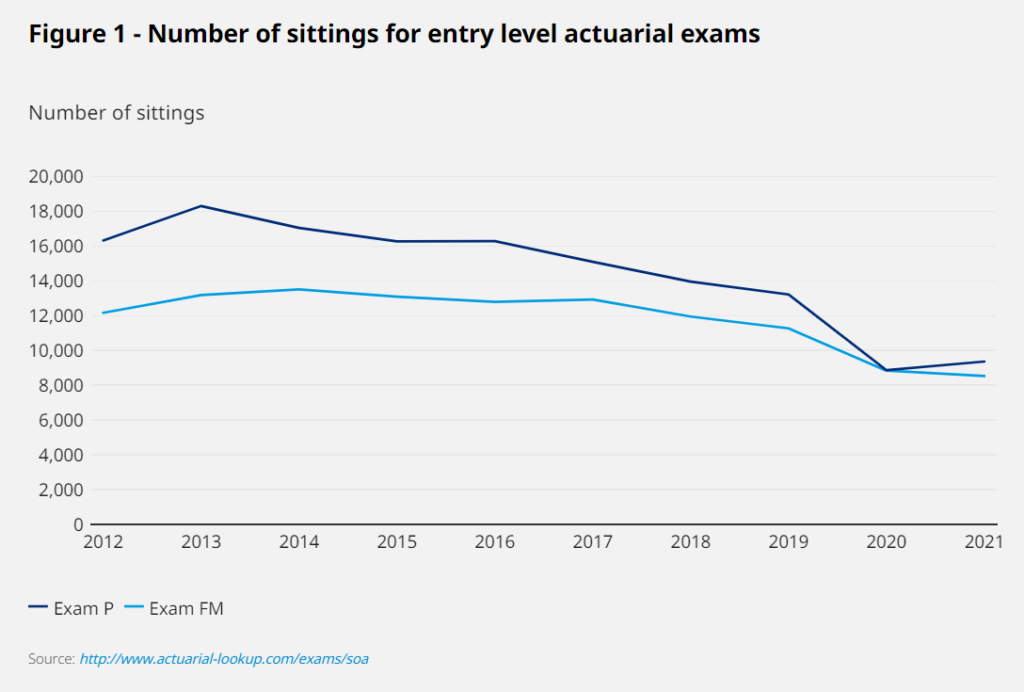Link: https://www.wsj.com/lifestyle/careers/college-degree-jobs-unused-440b2abd
Graphic:

Excerpt:
Of the graduates in non-college-level jobs a year after leaving college, the vast majority remained underemployed a decade later, according to researchers at labor analytics firm Burning Glass Institute and nonprofit Strada Education Foundation, which analyzed the résumés of workers who graduated between 2012 and 2021.
More than any other factor analyzed—including race, gender and choice of university—what a person studies determines their odds of getting on a college-level career track. Internships are also critical.
….
Bachelor’s degree holders in college-level jobs earn nearly 90% more than people with just a high-school diploma in their 20s, according to a Burning Glass analysis of 2022 U.S. Census Bureau data.
By comparison, underemployed college graduates earn 25% more than high-school graduates.
….
Contrary to conventional wisdom, not all degrees in science, technology, engineering and math, or STEM, disciplines are a sure bet to landing a job that reflects a college education, the study found.
Nearly half of people who majored in biology and biomedical sciences—47%—remained underemployed five years after graduating. Likewise, business majors less focused on quantitative skills, such as marketing and human resources, were twice as likely to be underemployed than those with math-intensive business degrees, such as accounting or finance. The data cover graduates who didn’t get master’s or other advanced degrees after college.
Author(s): Vanessa Fuhrmans and Lindsay Ellis
Publication Date: 22 Feb 2024
Publication Site: WSJ





